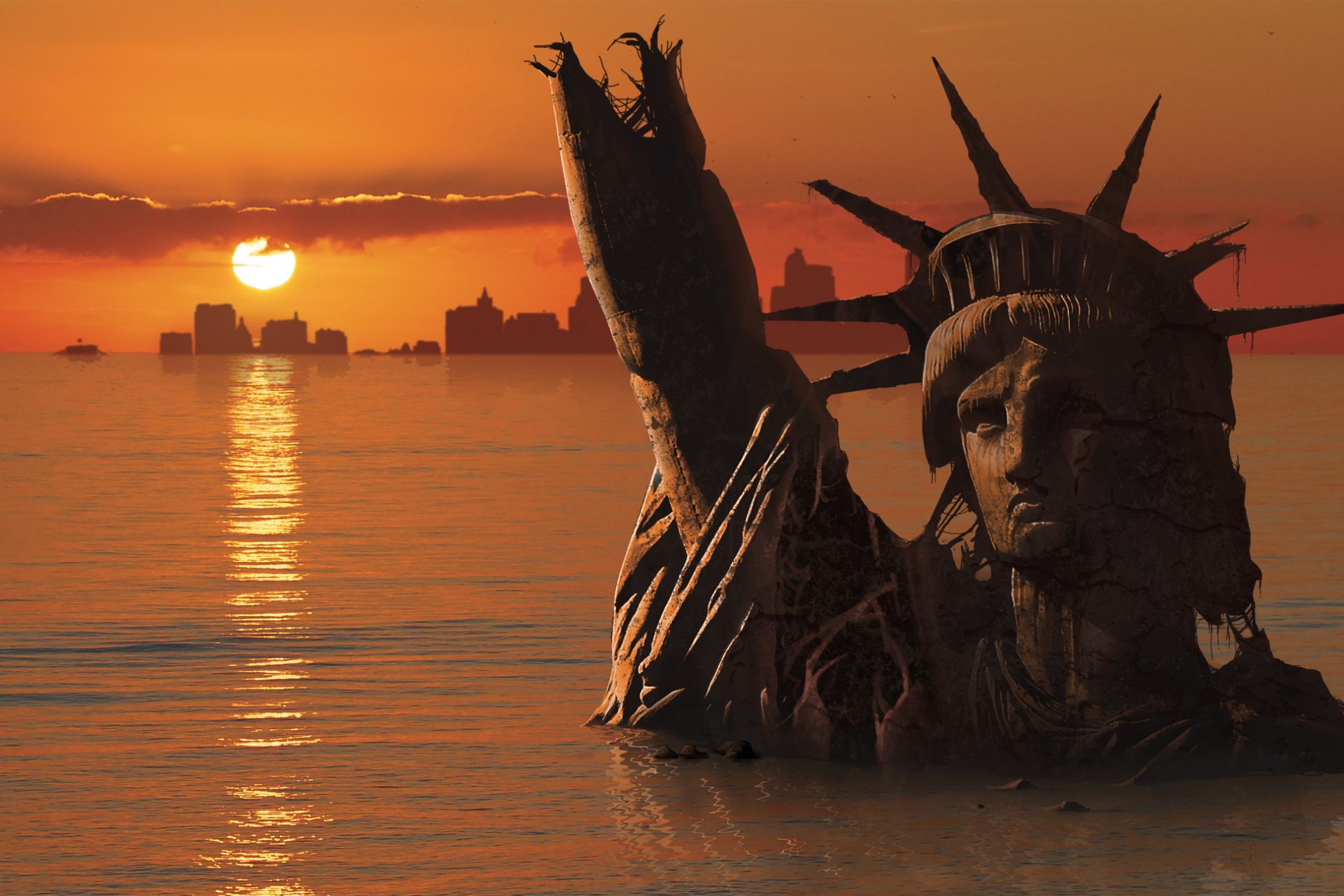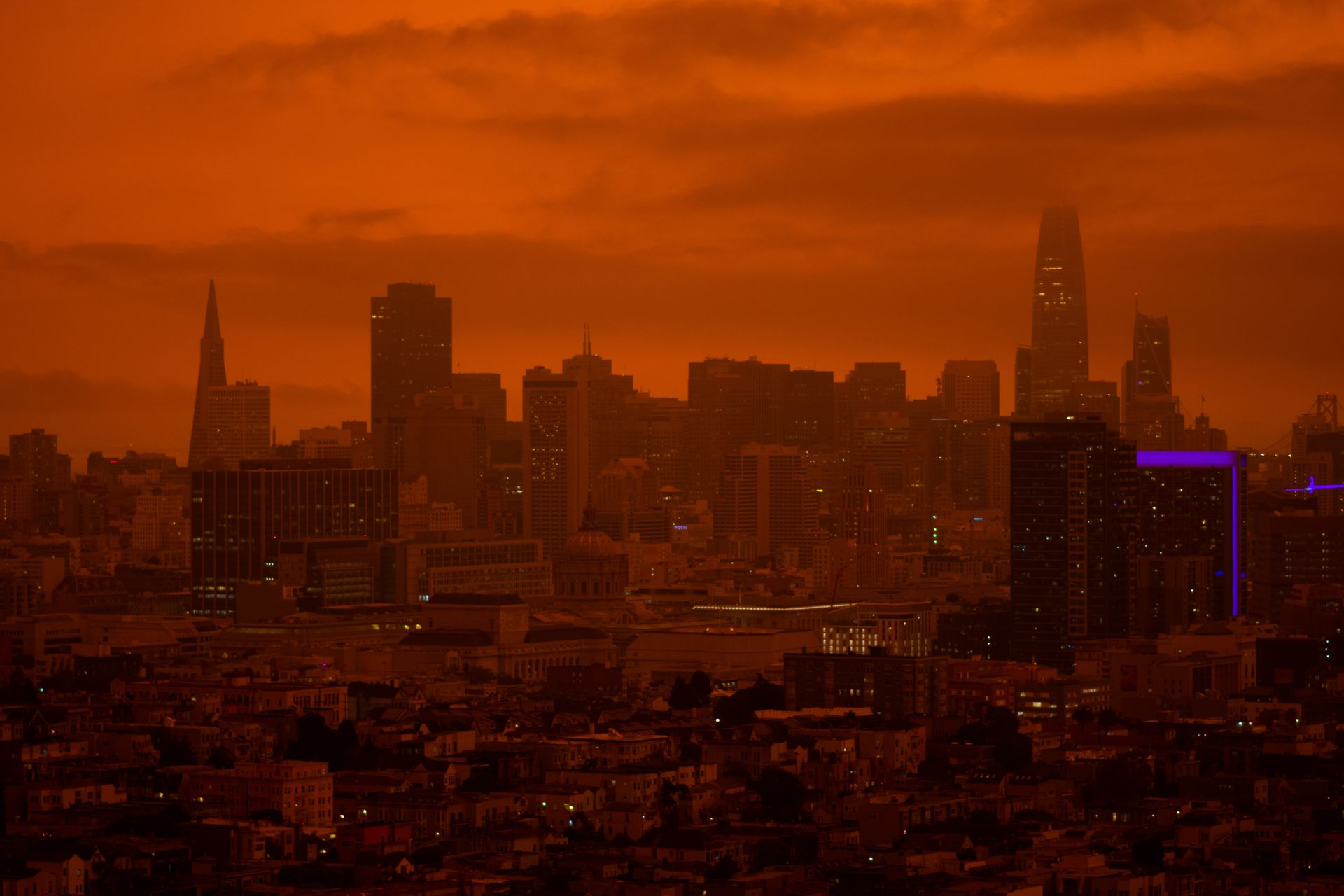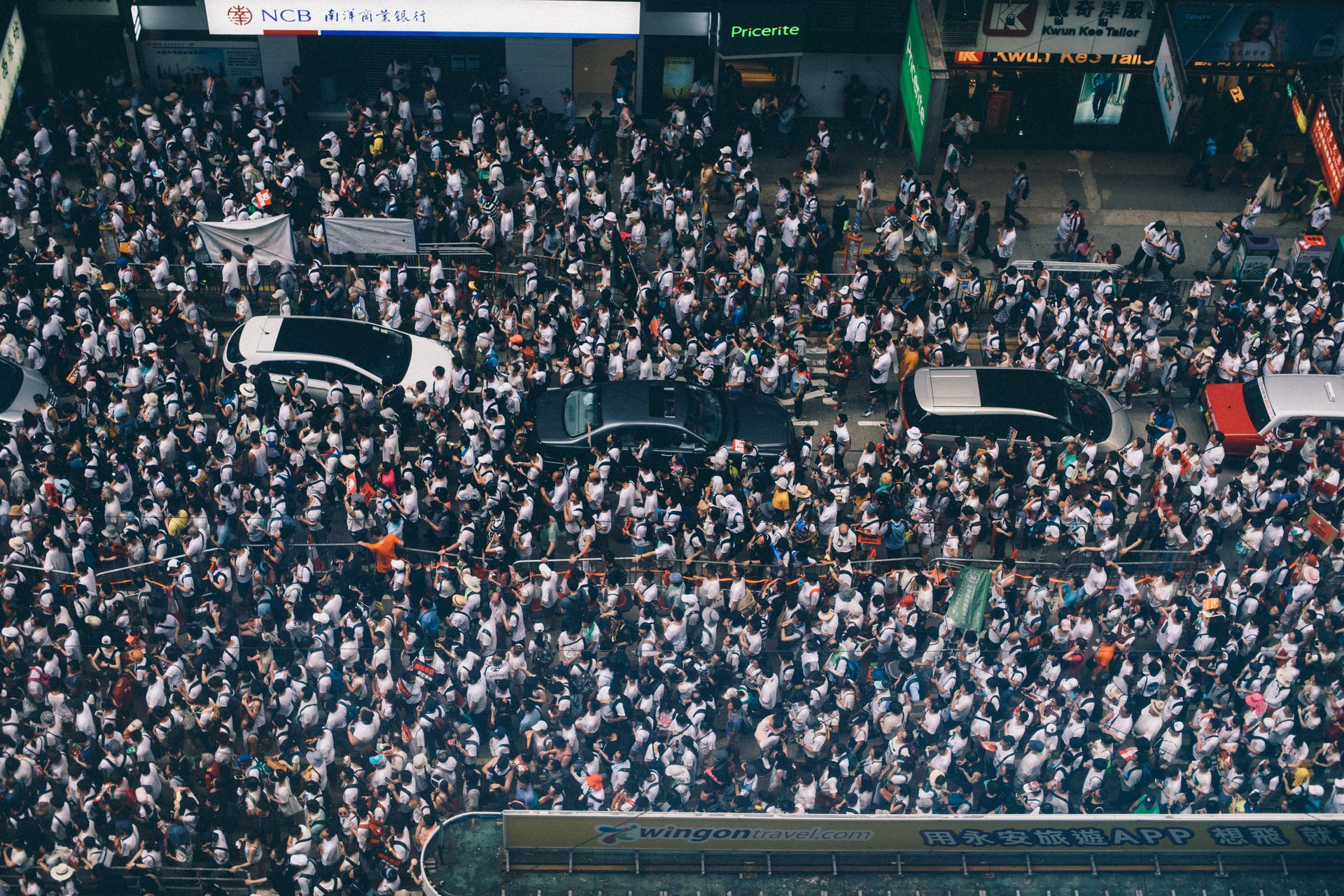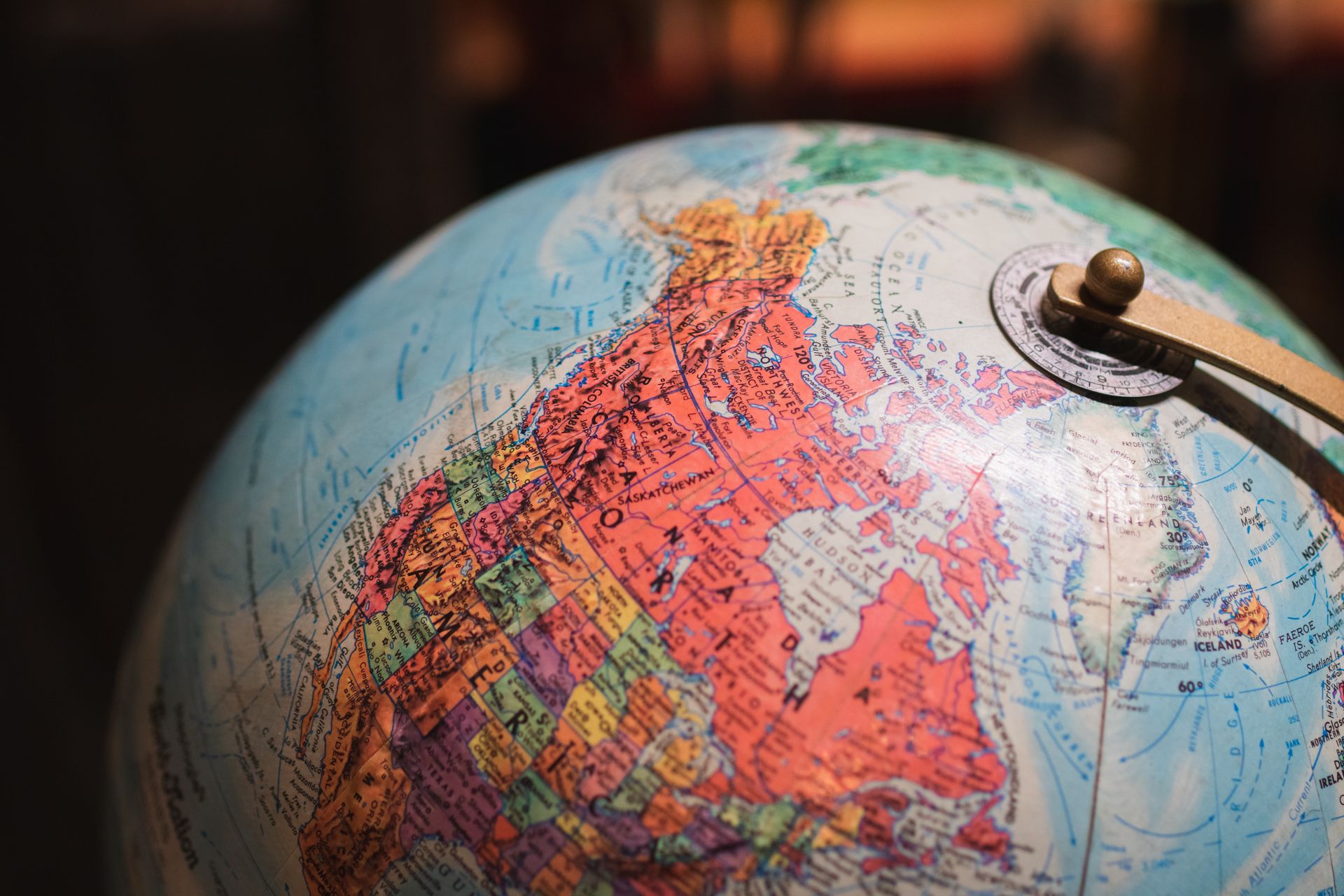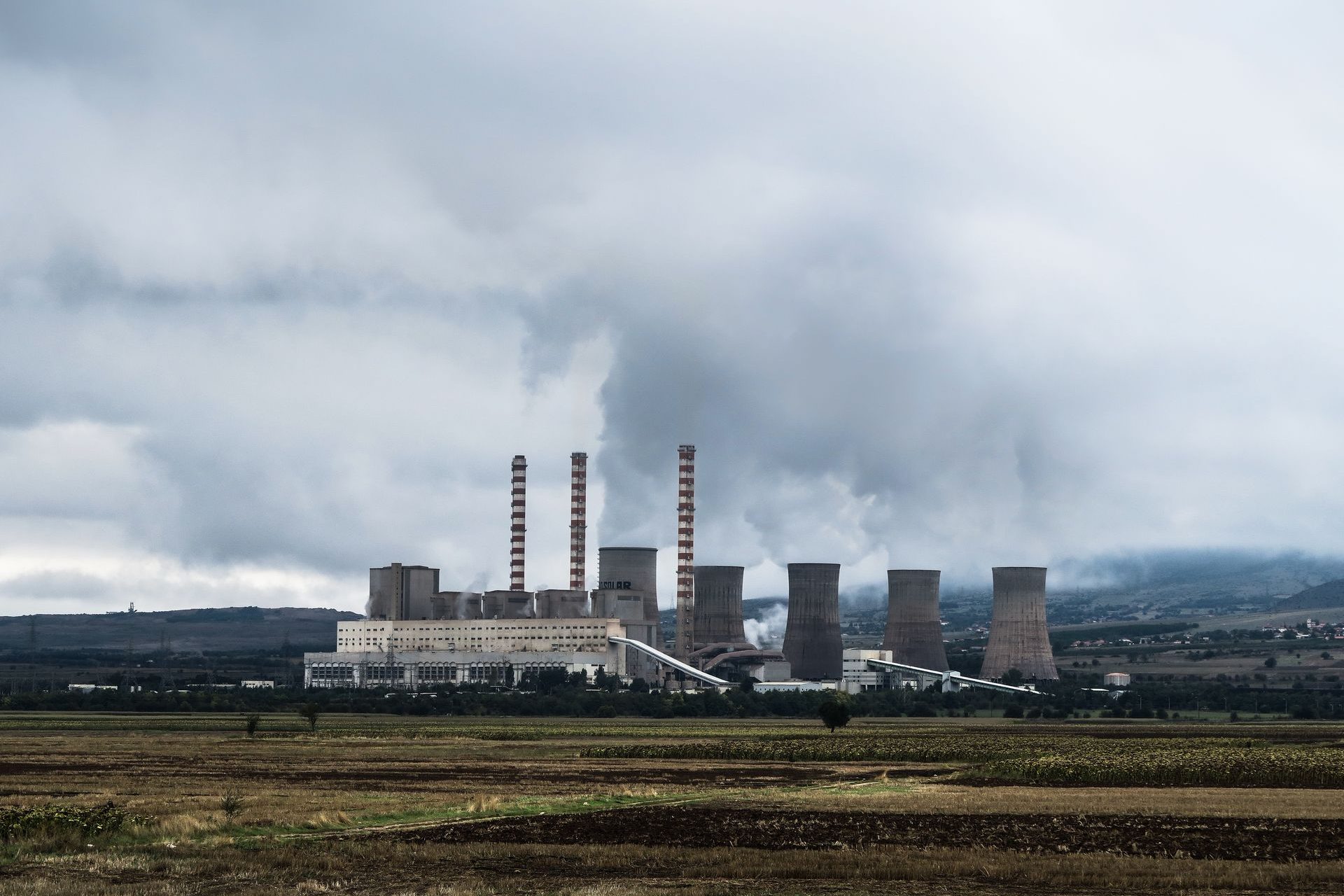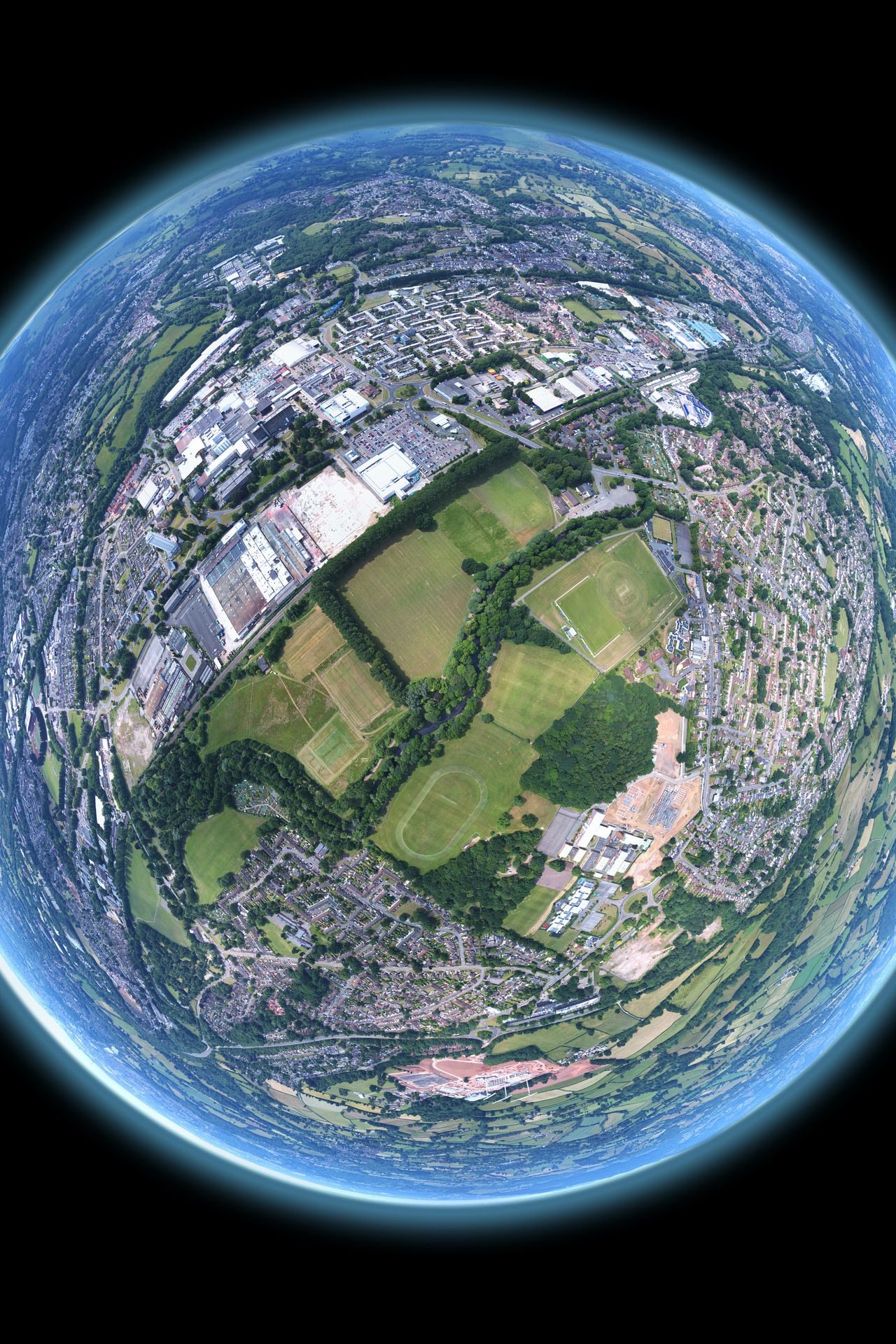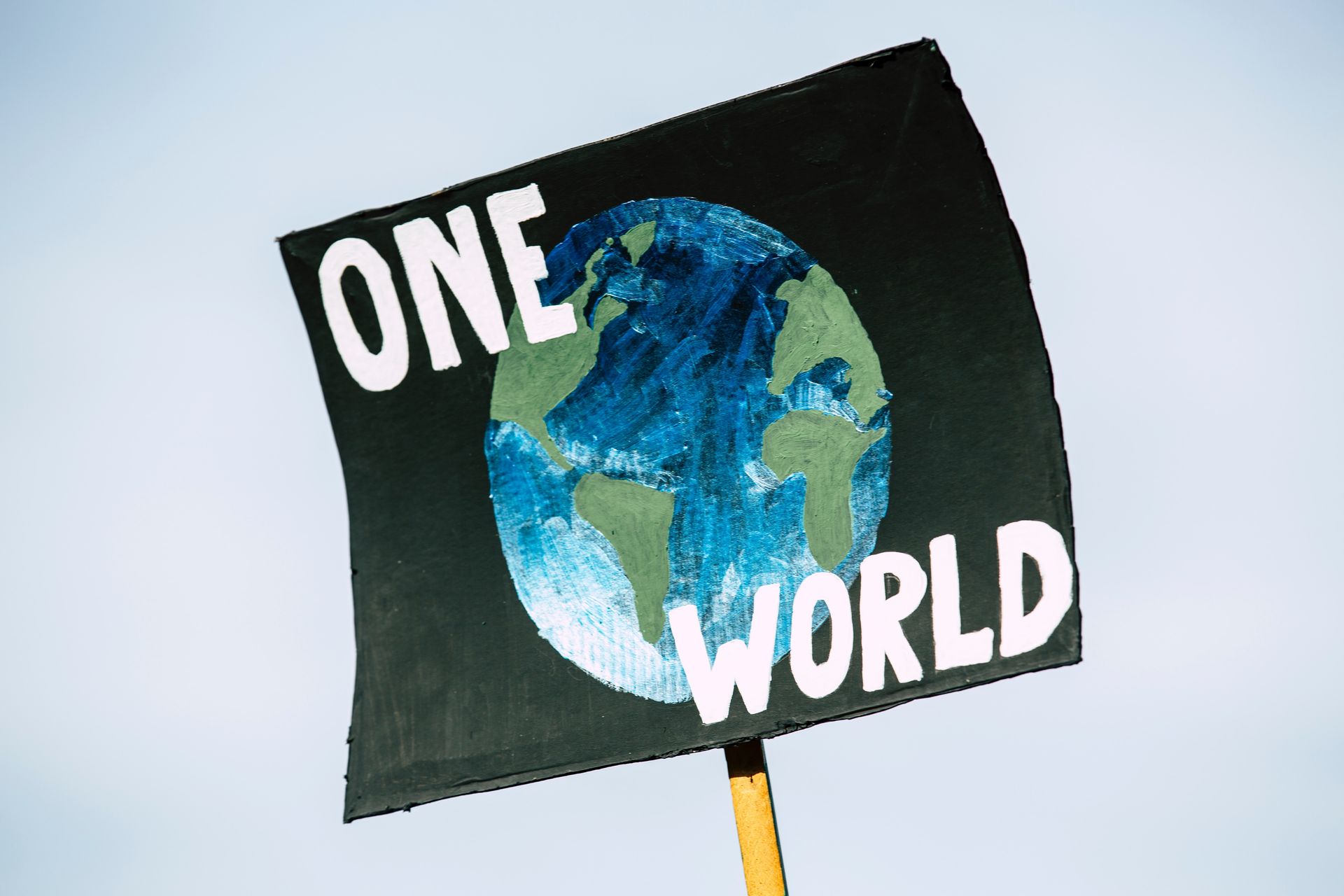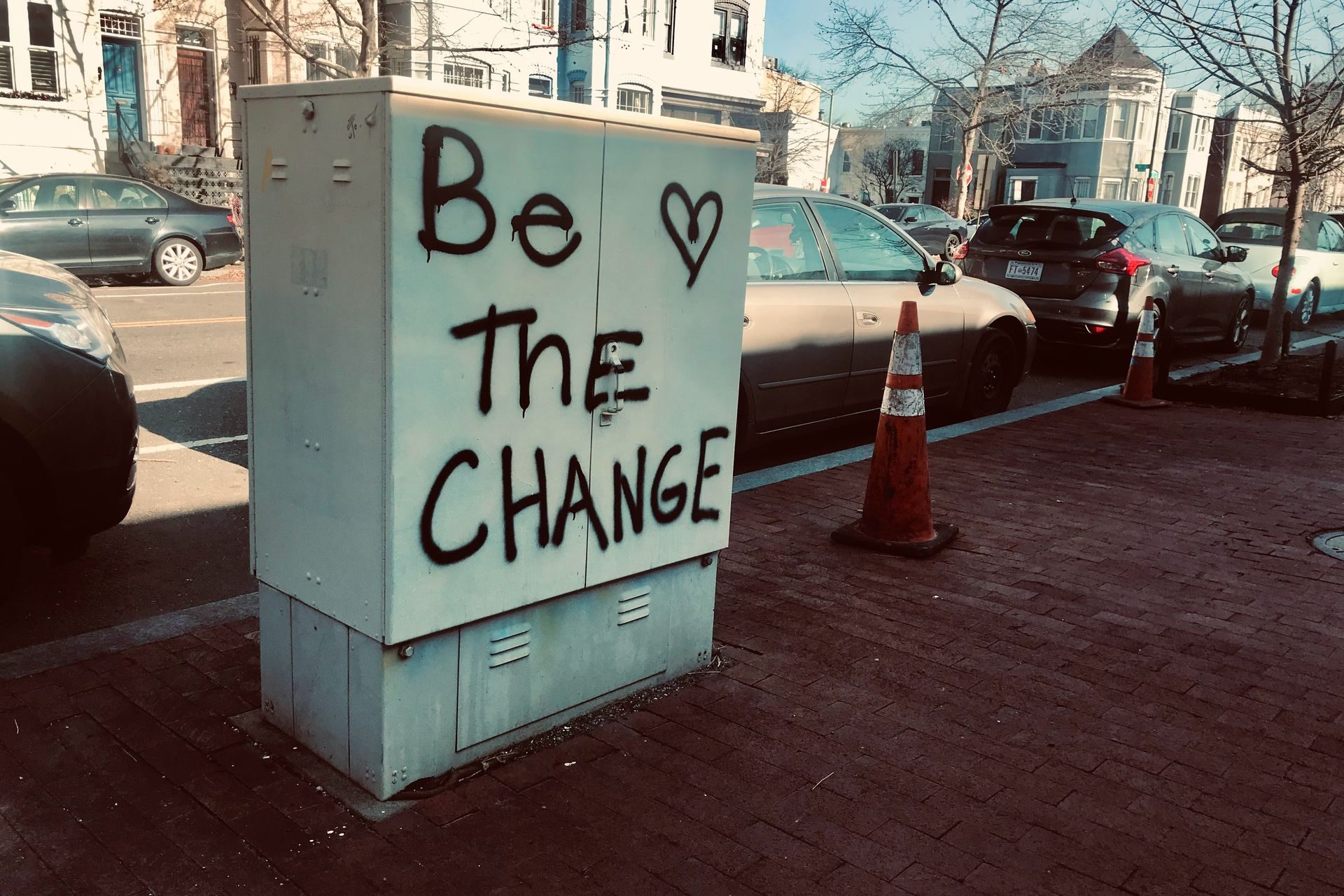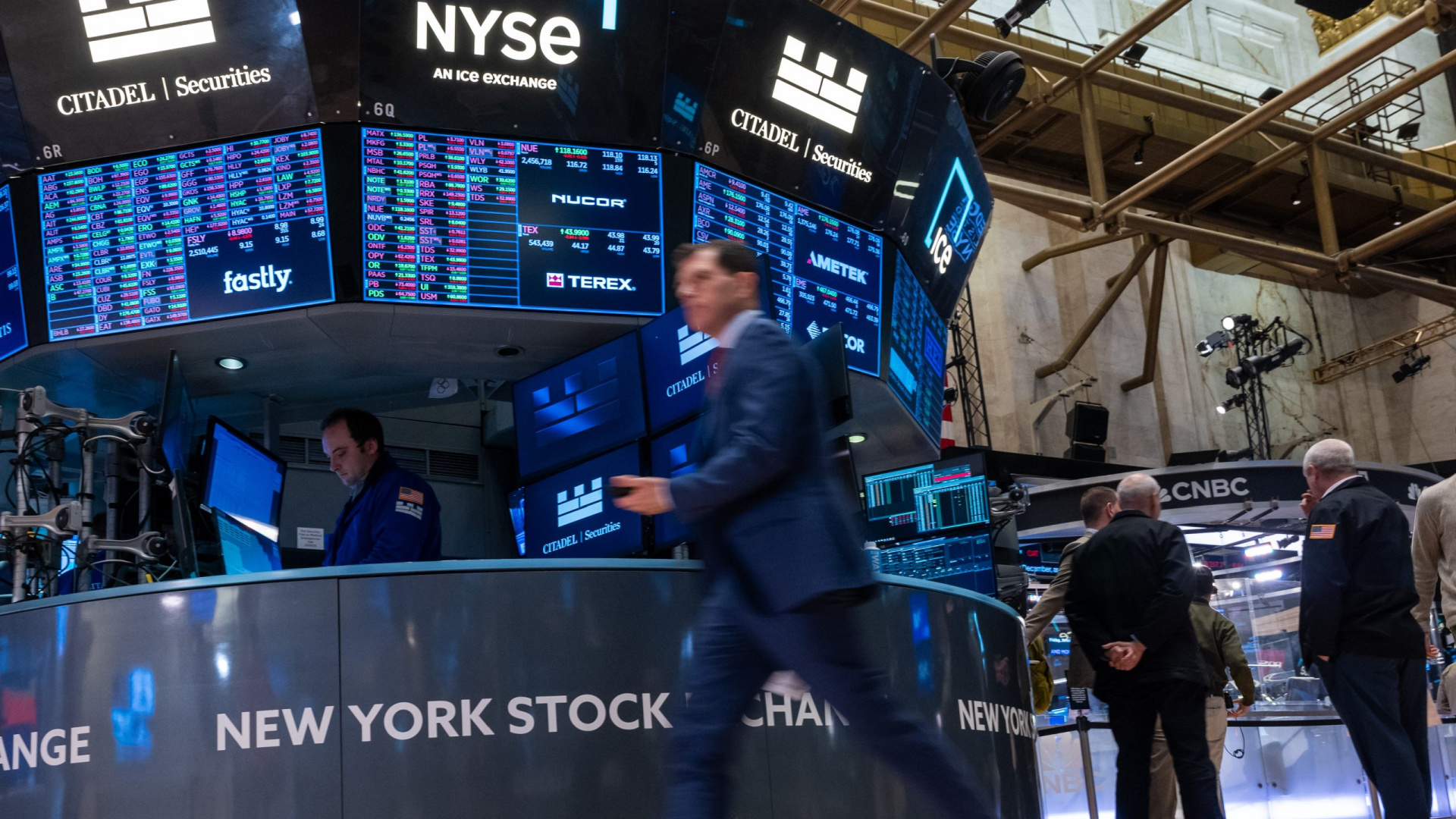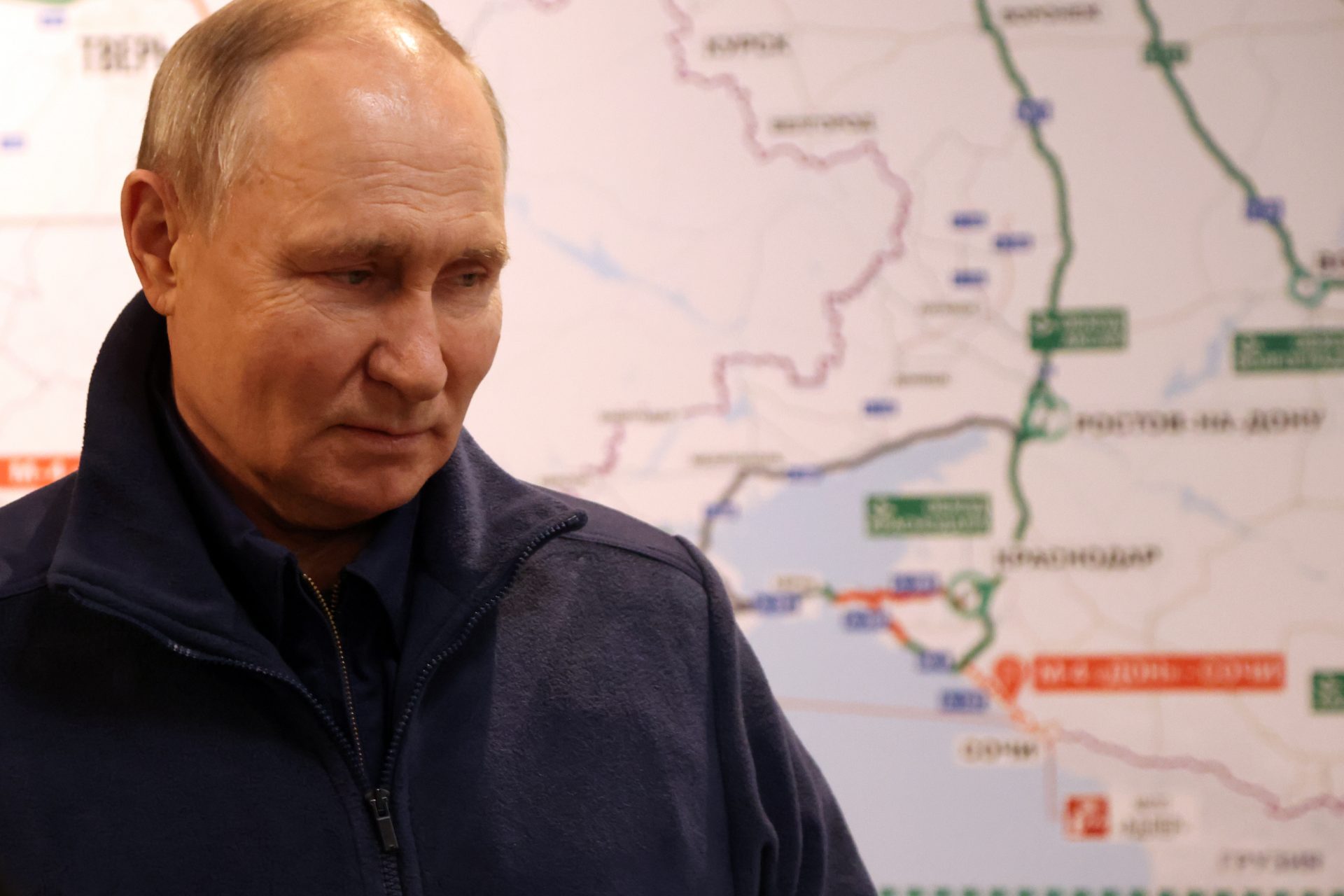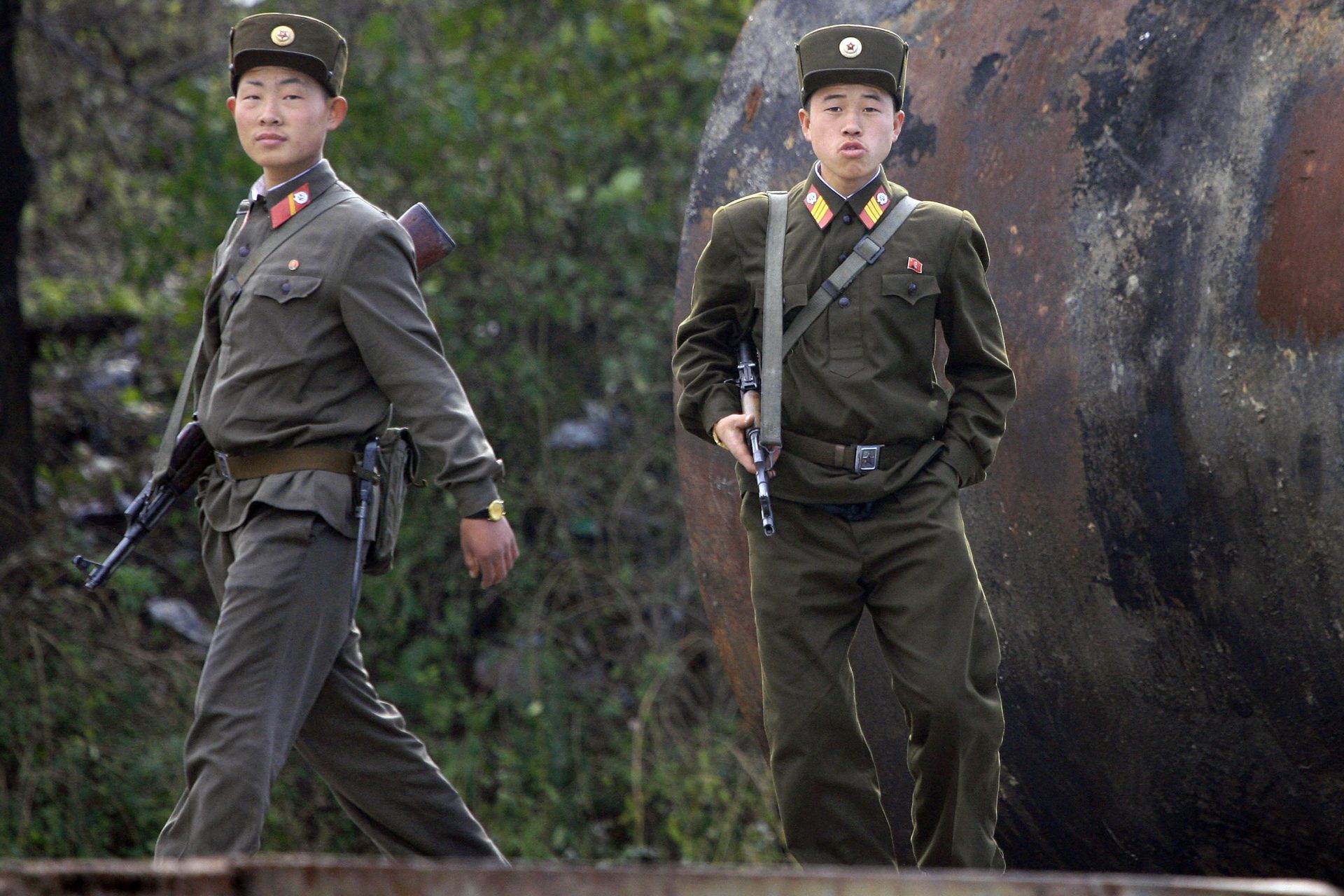Many scientists fear the collapse of humanity by 2100
Will humanity collapse before the end of the 21st century? Beyond ancestral fears of the end of the world, click on to read what some scientists say today.
Professor William Rees, of the University of British Columbia, in Canada, known for coming up with the concept of “ecological footprint” of human actions, talks about a “massive population correction”.
@Davyn Ben / Unsplash
In his paper published in the journal ‘World’, he points out that many models have been developed over the years that show that only a certain number of animals can live in a given environment: they all show that at some point, a population correction occurs.
@Patrick Perkins/Unsplash
Rees notes that there are already signs of stress due to overpopulation: the planet is growing warmer and critical resources are at risk, such as the availability of fossil fuels as well as food and water.
@Joseph Chan / Unsplash
Rees suggests that all of this is leading planet Earth to a “drastic reduction in human population”, perhaps before the end of this century, through war, famine, habitat instability, disease or a combination of these factors.
@Greg Rosenke / Unsplash
Eminent Australian scientist Professor Frank Fenner, who helped to wipe out smallpox, agrees with William Rees’s predictions.
According to Phys.org, Fenner said homo sapiens will not be able to survive the population explosion and “unbridled consumption,” and will become extinct, perhaps by 2110, along with many other species.
@Manson Yim/Unsplash
The continuous increase in population and income leads to overconsumption with devastating effects. According to an article published in the journal 'Science' in 2018, consumption (particularly meat) has devastating effects on ecosystems.
@Finn/Unsplash
And there’s scientists that are even more pessimistic about the timing of humanity’s collapse. A distressing Australian climate change analysis, published in 2019, assured a collapse by 2050 if we don't grapple with the imminent threat of climate change.
@Jason Blackeye / Unsplash
By 2050, the analysis said, human systems could reach a "point of no return" in which "the prospect of a largely uninhabitable Earth leads to the breakdown of nations and the international order."
@Louis Reed/Unsplash
The scientists involved in the paper then called for "society-wide, emergency mobilization of labour and resources" that would be "akin in scale to the World War II emergency mobilization."
Photo: Vladislav Kaplin/Unsplash
Though many other scientists have pessimistic forecasts, similar to the ones mentioned, some still think humanity has a fighting chance.
@Aaron Blanco Tejedor/Unsplash
Professor Stephen Boyden, a human ecologist and biohistorian, said he still hopes awareness of the problems will rise and the required revolutionary changes will be made to achieve ecological sustainability, according to Phys.org.
@Alexandre Chambon / Unsplash
“While there's a glimmer of hope, it's worth working to solve the problem. We have the scientific knowledge to do it but we don't have the political will,” Boyden said.
@Markus Spiske/Unsplash
Luke Kemp, a research associate at the Center for the Study of Existential Risk at the University of Cambridge, told ‘Scientific American’ that models of future worst-case scenarios tend to do an inadequate job of predicting the cascading effects of a disaster.
@ Clay Banks / Unsplash
“The general field of existential risk is relatively new, nascent and just understudied,” the researcher added.
However, some researchers say that rather than focus on future scenarios, we should stop to consider that what is happening now due to climate change and overconsumption is already bad enough.
Sarah Cornell, who studies global sustainability at the Stockholm Resilience Center, told ‘Scientific American’ that the actions of some are “undermining or even destroying living conditions of many other people,” which makes it an existential crisis already, not a risk somewhere up ahead.”
@Maria Thalassinou / Unsplash
More for you
Top Stories



